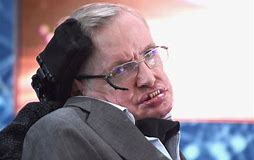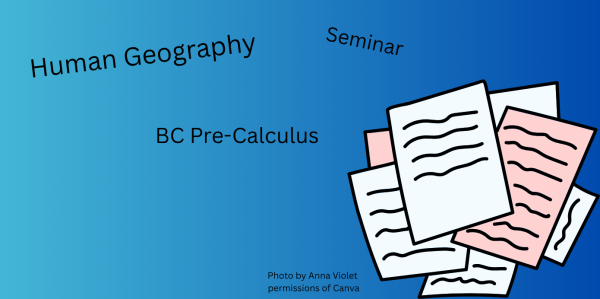Stephen Hawking
Memories of Stephen Hawking who just recently passed away. Most people know him for being a genius with a disability, but not many people now exactly what his discoveries were.

On March 14, 2018 Stephen Hawking passed away. He was seventy-six years old, which is a long life considering he was sick for most of it. In 1963, Hawking was diagnosed with a form of contracted motor neurone disease, Amyotrophic Lateral Sclerosis (ALS). He was given two years to live. however, to everyone’s amazement, he lived to be seventy-six years old, that is fifty-three more years than doctors told him he could. ALS caused Hawking to be mostly paralyzed from the neck down, and he was unable to talk, so that is why most people know him for being in a wheelchair and having a talking computer. Although he had a disability, Hawking was a genius, but do many people know what he actually proved?
Hawking was a professor at the University of Cambridge and held the position of lucasin proffesor, which was previously held by Isaac Newton. He was a physicist, and his biggest achievement was proving that black holes let off radiation. A black hole is a mass in space that has a very strong gravitational pull, and once something goes in, it can never escape. This is now called Hawking radiation. He also worked in discovering the origins of the universe which led to many of his discoveries. When he was studying the Big Bang, he figured that it was a collapse of a black hole rather than a tiny speck that kept growing. This led him to study black holes. He found that a black hole can only grow, not shrink, and that a black hole can never combine with another black hole. He also claimed that the entropy of earth can only grow. Entropy is the measure of how chaotic atoms are. For example, the entropy of gas is higher because there is more movements of the atoms. Then, the entropy of a solid is low because there is less movement of the atoms. So, Hawking was technically saying that earth’s atoms are slowly starting to move around more.
Hawking discovered that black holes radiate off energy, when he was trying to prove a scientist, Jacob Bekenstein, wrong. Bekenstein suggested that by finding the surface area of a black hole you could also find the entropy of the black hole, which many scientist thought wrong, including Hawking. So, Hawking tried to prove Bekenstein wrong, only to find that Bekenstein was actually sort of right. Hawking found that if a black hole has entropy then it must also have a temperature which also means it radiates off energy. Hence, making Hawking radiation. As Hawking continued to study black holes he also found that there is constant activity in space and this activity creates pairs of particles called “virtual particles.” These virtual particles are made of a negative and positive particles. When they are created next to a black hole they can become real. When one particle gets sucked into the black hole the other floats back into space. However, when a negative particle goes into the black hole, the mass of it decreases. So, Hawking proved himself wrong, black holes can shrink. Which also leads to proving that black holes can evaporate.
All of this is really impressive, but didn’t Stephen Hawking do something with the Big Bang? Yes, he claimed that some lumps of mass floating around in space went into many mini black holes causing them to emit Hawking radiation and become very high in temperature. These mini black holes would eventually explode, and Hawking believe this to be a contribution to the Big Bang.
Ultimately, Hawking is an inspiration to everyone. The very fact that he lived for so long with his disease is amazing. Even though he was disabled for most of his career, he did not let it stop him from discovering some of earth’s amazing mysteries. He made it meaningful to study the origins of the universe, which without him wouldn’t be studied as much as it is now. Stephen Hawking once said, “We are just an advanced breed of monkeys on a minor planet of a very average star. But we can understand the Universe. That makes us something very special.” No matter how ordinary or unordinary someone or something is, we are all special in some way and Hawking showed that to everyone. He will be truly missed.
Hi! I'm Zoe and am a senior at Oakton High School. I have been on the Outlook since my freshman year and am so excited to be an editor-in-chief this year....





